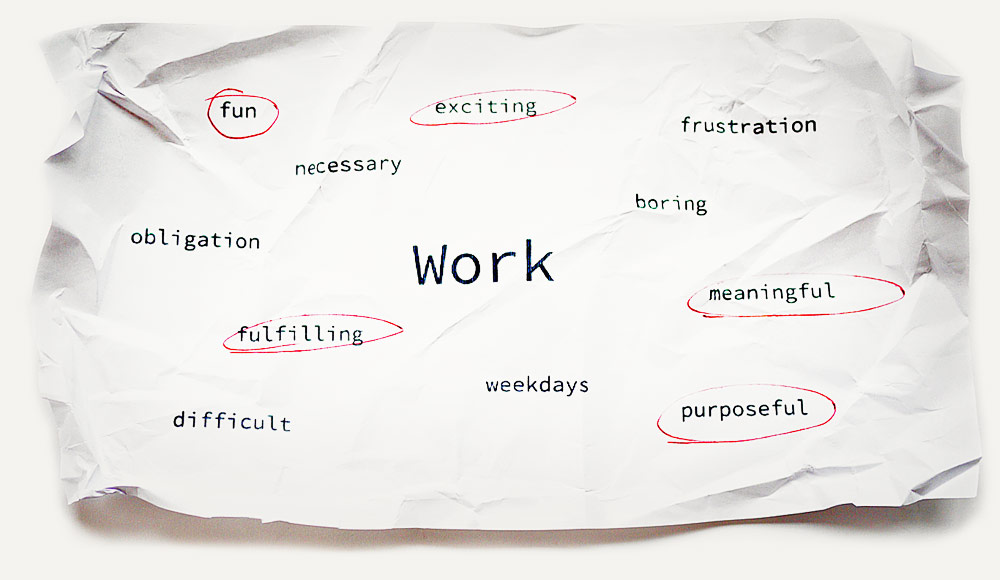It probably won’t surprise you to know that, though 90% of what I share online relates to my work, thinking about breakpoints, JS plugins, and fonts isn’t all I do.
I love my family. I like science fiction movies and F1 racing. I worry about whether or not my hair is going to fall out (which probably increases the chance that it’ll actually happen).
I bet you’re the same. What you share online only captures a fragment of who you are as a person. Your stream of photos, status updates, links, and posts most likely revolves around a handful of interests, and that’s what the online world knows of you. A few days ago, Joshua Blankenship expressed this really well in a couple of tweets:
I’ve always struggled w/ the tension of being known vs being known FOR (art, sports, music, design). The web is mostly a known for medium.
— Joshua Blankenship (@blankenship) December 5, 2013
Re: previous tweet, being known for something isn’t bad. It’s just a poor substitute for being known, and the web can blur the lines a bit.
— Joshua Blankenship (@blankenship) December 5, 2013
What I share on the web (and am known for) is mostly work-related. I love that part of my life, but it’s just one part. If I focus too much on that one aspect (Trent-the-worker) I often wonder if I, myself, am in danger of becoming a “poor substitute” in real life. Consider this crude personal examination exercise:

I’ve circled the 5 words that I most associate with my work. They echo what, as far back as I can remember, my parents hoped for me as I was growing up: “Find something that makes you happy.” And I have, but there’s a catch: finding fulfillment and joy in my job muddies the waters when it comes to work-life balance. I find both work and leisure on the web. Even after I’m through working, hobbies often pull me back to the web, and thus back into the world of work.
For example, say I point out a typeface to my son while at a restaurant on a Saturday. I think about using it on a project. I tweet a photo of the typeface. I begin looking for webfont options. I post them to basecamp. As mashed potatoes squish out from between my two year old’s fingers, I realize that somewhere along the line I got lost and allowed myself to be drawn back into focusing on what I’m known for instead of taking the opportunity to be known by my son.
It takes effort to separate my work from my life in moments like these. Happily, I find that it gets easier with practice, and I’m a better husband, parent, friend, etc., for it.
My friend Naz (who I’ve always considered to be one of the most well-balanced industry friends I have) captures this side human complexity perfectly by comparing it to a drained lake:
Laid bare was the scum, algae and rocks, making up the foundation and guts of the vessel. Exposed, for all to see. Similarly, this is how I feel about who we are and what we do and this world we live in. On the surface, we can look fantastic — smooth, calm and at our best. But at our essence is a complex ecosystem and environment that let us present the version of us, our work or our lives, that we want everyone else to experience.
Investing time and effort into being known and knowing others (in my work or in my life) allows me to better do the work that I want to be known for. The online me is only one facet of who I am. That’s okay. I’ll accept your poor substitute on the web if you’ll accept mine. I’d rather spend my time wiping off mashed potatoes.